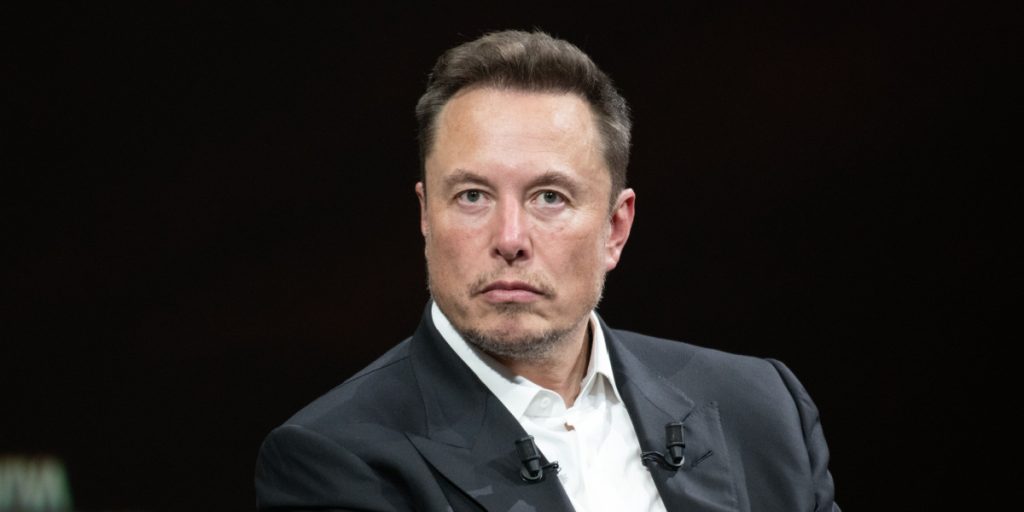While Kendall acknowledged Musk’s engineering achievements, he was firm in his rebuttal.
Others are reading now
Elon Musk is no stranger to controversy, often stirring debate with his bold statements.
But his latest comments about military aviation have sparked sharp criticism from the U.S. Air Force.
The billionaire recently took to X, formerly Twitter, to criticize crewed fighter jets like the F-35, calling their design outdated compared to modern drones, according to Ziare.
Also read
Not There Yet
His comments didn’t sit well with Frank Kendall, Secretary of the Air Force, who responded publicly.
While Kendall acknowledged Musk’s engineering achievements, he was firm in his rebuttal.
Musk, he said, lacks the expertise to assess the complexities of military aviation.
“He’s not an aviator,” Kendall remarked during an aerospace event. He went on to say that while the future may include drone-dominated air forces, that reality is still decades away.
Musk had argued that advanced drones could easily outperform crewed fighter jets like the F-35 Lightning II.
He posted videos of drone swarms, calling the F-35 inefficient and dismissing its designers as “idiots.” Kendall pushed back on this assertion.
For now, Kendall emphasized, the F-35 remains a critical asset for the U.S. military.
“It dominates against fourth-generation aircraft. There’s nothing like it in the short term,” he stated.
The U.S. continues to invest heavily in the F-35 program, acquiring more units while also exploring sixth-generation aircraft under the Next-Generation Air Dominance program.
While Kendall didn’t entirely dismiss Musk’s vision, he cautioned against grand claims.
“We’re not there yet,” he said. “And it’s going to take time before we are.”
Musk’s remarks come as he steps into a new role as co-director of the Department for Government Efficiency.
His close ties to President-elect Donald Trump have already sparked debate, particularly after Republican lawmakers echoed Musk’s influence by rejecting a bipartisan bill to prevent a government shutdown.
Kendall, meanwhile, is expected to step down when President Joe Biden leaves office in January. For now, the F-35 program remains a cornerstone of U.S. air dominance, even as future technologies inch closer to Musk’s vision.

